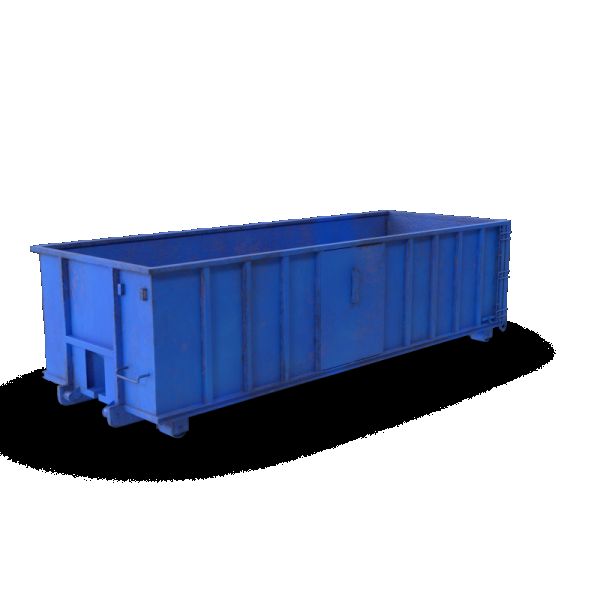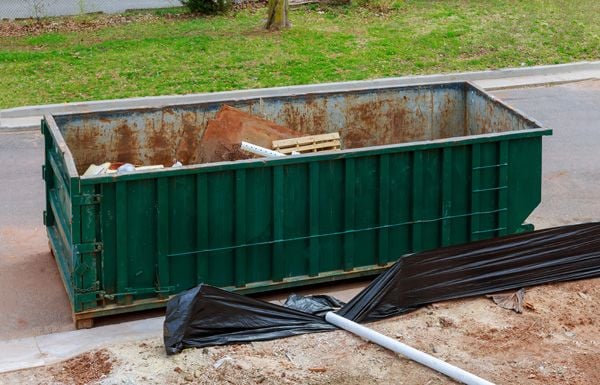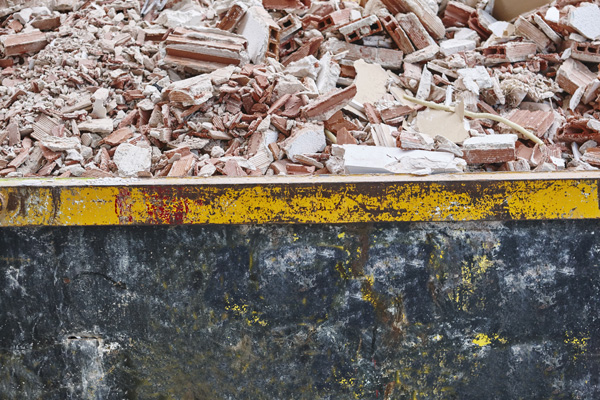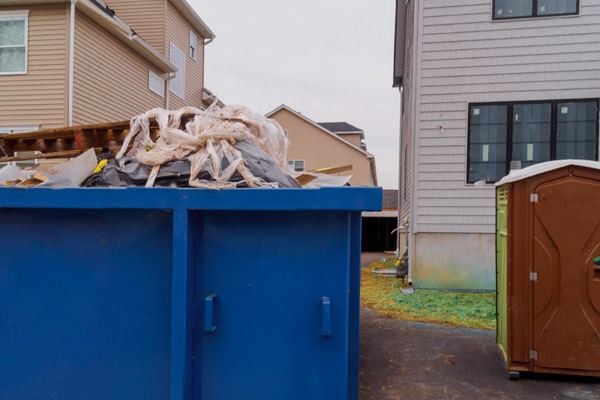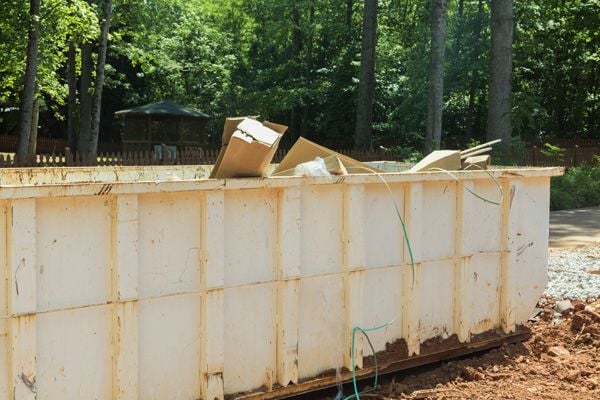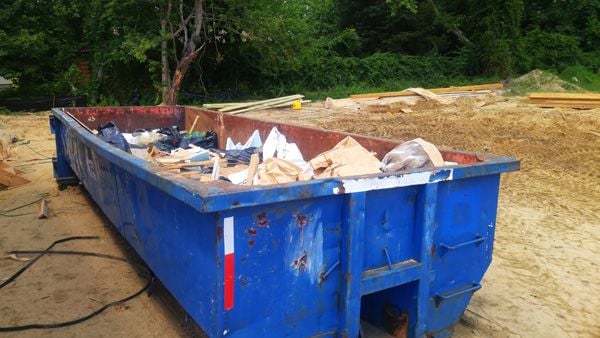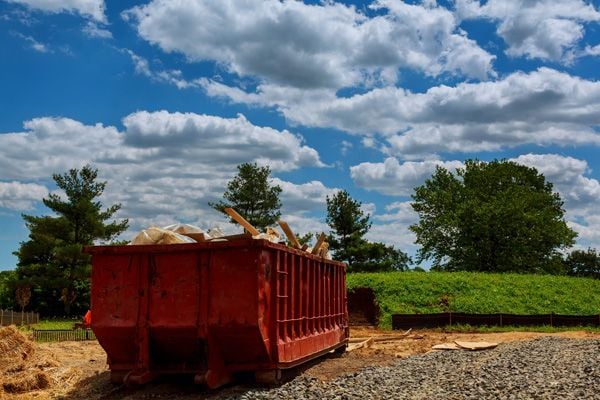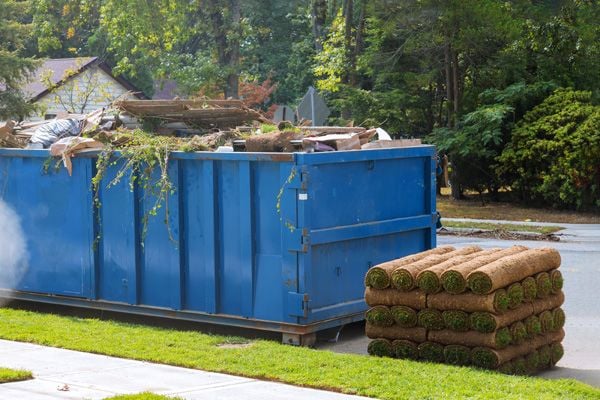How To Dispose Of Hazardous Materials In Your Dumpster Rental
The safe disposal of hazardous materials is a critical issue in many communities. It is important to know the proper way to dispose of these materials when using a dumpster rental service. This article will discuss how to properly use and dispose of hazardous materials when renting a dumpster. The information provided here can help ensure that all safety requirements are met while protecting the environment from potential risks associated with improperly disposing of hazardous materials. The disposal of hazardous material requires special attention due to its potentially dangerous consequences if mishandled or misused. To begin, it is essential for individuals to identify what constitutes as hazardous waste before attempting to discard it through any form of waste management process. These materials may include chemicals, solvents, oils, pesticides, paint products and batteries among others. Once identified, careful consideration must be taken into account depending on state regulations regarding the disposal of such items in order to avoid legal ramifications. Renting a dumpster provides numerous benefits; however, certain restrictions exist surrounding the types of items allowed within the trash container. In most cases, businesses and homeowners are prohibited from disposing of hazardous materials into their rented dumpsters without first obtaining permission from their local municipality or professional waste management company who owns the container facility. By following this advice and understanding applicable laws governing the disposal process, one can safely and effectively discard these harmful items while abiding by all necessary rules and regulations. What Is Hazardous Waste? Hazardous waste is a term applied to materials that could potentially cause harm or injury. These materials can include motor oil, flammable liquids, paints and solvents, gasoline, asbestos-containing products, household hazardous wastes such as cleaners and pesticides, electronic waste from computers and televisions and medical waste like needles and syringes. It is important to have a thorough understanding of hazardous materials in order to properly dispose of them when renting a dumpster. Proper disposal techniques for hazardous materials depend on the type of material being disposed of; some substances require special handling while others may be mixed with other items. For example, motor oil must be collected separately due to its potential environmental hazards if released into natural water sources. Additionally, many local governments have regulations about what types of materials can go into certain kinds of containers for proper disposal. When disposing of any kind of hazardous material via a dumpster rental service, it is crucial to determine which container is appropriate for the amount and type of material you need to discard. In most cases, specially designated containers are required so that contents do not contaminate one another during transport to their final destination. Many services provide safety tips along with information on how to safely package these materials before they are loaded onto the truck and taken away by qualified personnel. Items You Cannot Put In A Dumpster When it comes to disposing of hazardous materials, the first thing that should come to mind is ‘what can’t go into a dumpster?’. As you might expect, there are certain items that require special handling and may not be suitable for your rental. To put it simply: if in doubt – leave it out! Here is a quick rundown of what cannot be placed in a dumpster rental: Firstly, any type of hazardous fluid or toxic material must never be discarded into the unit. This includes chemicals like paint, oil-based products and pesticides as well as medical waste such as syringes. Secondly, household appliances containing refrigerants also have specific disposal regulations which need to be adhered to. Finally, anything considered hazardous waste needs to be taken away by an approved hazardous waste disposal service or collected at a local hazardous material collection center. It is important to note that these rules differ between locations so make sure you check with your local authority before attempting to dispose any suspect materials yourself. In addition to this, many companies offer services specifically tailored around proper disposal of potentially dangerous items – meaning that taking extra precautions when dealing with unknown substances is always advised. Household Hazardous Waste Common Examples Household hazardous waste is a broad term and can include many items. Propane tanks, paint cans, wood stains, wet paint, lithium batteries, and alkaline batteries are all common examples of household hazardous waste. This type of waste requires extra care when disposing of it as the materials may be flammable, corrosive or toxic. It is important to make sure that hazardous materials are disposed of safely and legally. It is illegal in some areas to dispose of these materials in regular trash bins or dumpsters without special permission from local authorities. Furthermore, improper disposal of hazardous chemicals can result in environmental contamination which could potentially have negative effects on people’s health. In order for households to ensure proper disposal of hazardous materials such as those mentioned above, they must follow specific regulations set by their respective government agencies. These regulations often involve taking the material to an approved collection site where trained personnel will take care of the item properly according to current safety standards. Failing to comply with these regulations can lead to fines and other legal action depending on the severity of the case. Transitioning into subsequent sections about how to dispose of hazardous material safely and legally should help provide more information on this topic. How To Dispose Of Hazardous Material Safely And Legally According to the Environmental Protection Agency (EPA), hazardous materials encompass a wide range of items and can be found in approximately 75 percent of households. Disposing of these items safely and legally is essential for protecting public health. This article provides an overview on how to properly dispose of hazardous material. It is important to note that local governments have strict regulations when it comes to disposing of hazardous materials, so consulting with your municipality prior to disposal is recommended. In most cases, you will need to contact a licensed contractor or take the item(s) to a
How To Dispose Of Hazardous Materials In Your Dumpster Rental Read More »

